
6 foods that silently drain calcium from your body
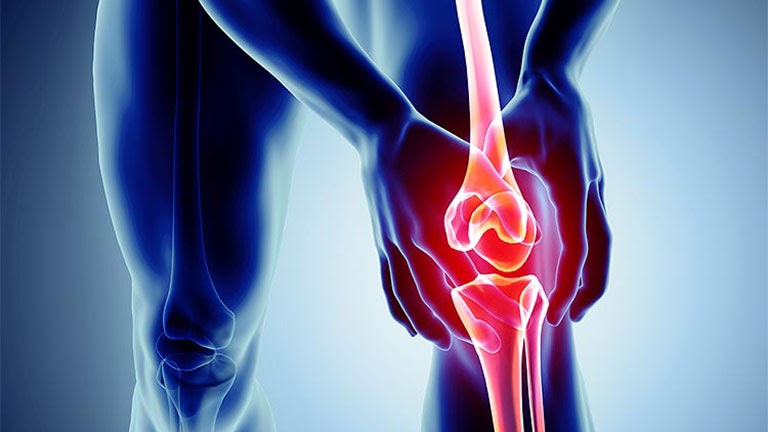
Below are six types of foods and drinks that are commonly associated with undermining bone health by increasing calcium excretion or interfering with its absorption. Regularly consuming large amounts of these can potentially weaken bones over time. As always, moderation is key, and each person’s response may vary depending on overall diet, genetics, and lifestyle factors.
1. High-Sodium Foods
- Why they affect bones: Excess sodium can cause the kidneys to excrete more calcium in the urine, thus potentially depleting the body’s calcium stores.
- Examples: Processed meats (bacon, deli meats), canned soups, salty snacks (chips, salted nuts), restaurant or fast-food meals often high in salt.
Tip: Check labels for sodium content. Aim for herbs, spices, and other low-sodium seasonings to flavor foods instead of piling on salt.
2. Colas and Other Phosphoric Acid–Rich Sodas
- Why they affect bones: Colas, in particular, contain phosphoric acid, which can create an imbalance in the calcium-to-phosphorus ratio. High phosphorous intake may interfere with calcium metabolism.
- Examples: Dark colas (regular or diet), some root beers, certain flavored sodas.
Tip: Reducing or replacing soda with water, sparkling water (without phosphoric acid), or other low-sugar, low-additive beverages can help protect bone health.
3. Excessive Caffeine
- Why it affects bones: High caffeine intake (e.g., multiple cups of coffee or strong tea daily) can slightly increase calcium excretion in urine, especially if combined with other bone-harming habits (like smoking or inadequate calcium intake).
- Examples: Energy drinks, large or frequent servings of coffee, strong black or green teas in very high volumes.
Tip: Stick to moderate amounts (e.g., 1–2 cups of coffee per day) and balance caffeine with adequate dietary calcium (from dairy or fortified plant-based alternatives) and other bone-supportive nutrients like vitamin D and magnesium.
4. Alcohol (Excess Intake)
- Why it affects bones: Chronic or heavy alcohol use can inhibit bone-building cells and interfere with nutrient absorption (including calcium and vitamin D).
- Examples: High-alcohol-content liquors, multiple cocktails a day, habitual binge drinking.
Tip: If you drink, do so in moderation (e.g., no more than 1 drink/day for women, 2 drinks/day for men, per many health guidelines), and maintain a nutrient-rich diet to support bone health.
5. Sugary Foods and Refined Carbohydrates
- Why they affect bones: Diets high in sugar can lead to lower overall nutrient density and may also trigger small increases in calcium excretion. While sugar alone is not the biggest culprit in calcium loss, large amounts can crowd out healthier foods critical for strong bones.
- Examples: Pastries, candies, sweetened cereals, desserts with high levels of refined sugar.
Tip: Swap out highly processed sweet snacks for fruit, yogurt, or nuts to maintain a more balanced nutrient profile.
6. High-Oxalate Foods (When Calcium Intake Is Low)
- Why they affect bones: Oxalic acid can bind to dietary calcium in the gut, reducing its absorption. If your overall calcium intake is low or if you rely heavily on these foods without balancing your diet, it can affect how much calcium your body actually absorbs.
- Examples: Spinach, rhubarb, beet greens, Swiss chard, cocoa.
Important note: Many high-oxalate foods (like spinach) are incredibly nutritious overall—they offer vitamins, minerals, and antioxidants. The key is to balance your intake with sufficient calcium (from dairy, calcium-fortified plant milks, or supplements if needed) and include a variety of vegetables to avoid relying on just a few.
How to Support Strong Bones
- Prioritize Calcium Sources: Incorporate calcium-rich foods daily—dairy, fortified milks (almond, soy, etc.), tofu, leafy greens (low-oxalate varieties like kale).
- Get Enough Vitamin D: Spend moderate time in sunlight when possible and consider fortified foods or supplements if levels are low.
- Stay Active: Weight-bearing exercises (walking, jogging) and resistance exercises (strength training) help keep bones strong.
- Moderation Matters: You don’t have to eliminate these foods entirely, but try to keep them in check, especially if you have risk factors for osteoporosis or low bone density.
Bottom Line: Foods high in sodium, phosphoric acid (in colas), caffeine, alcohol, excessive sugar, and high-oxalate items can each play a role in how much calcium your body retains or absorbs. Awareness and balance—rather than outright elimination—are usually enough to protect bone health. If you have specific concerns, consider consulting with a registered dietitian or your healthcare provider for personalized guidance.
News in the same category

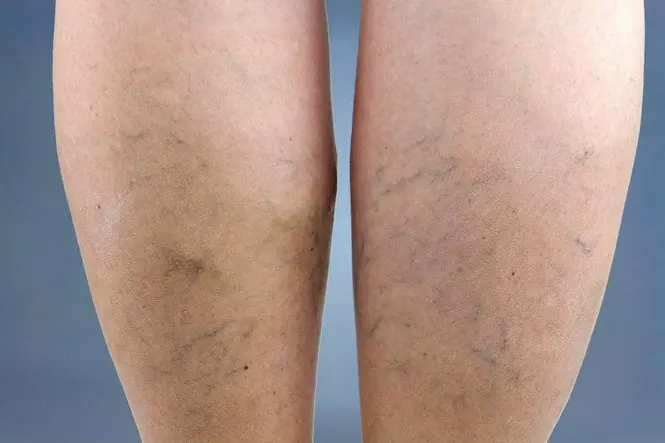
This is how my grandmother treated varicose ve.ins… with just 3 kitchen ingredients
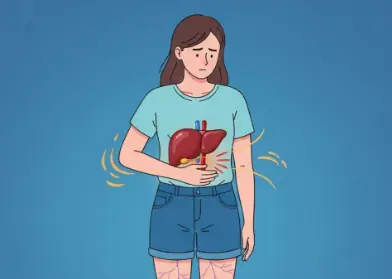
You must know these 5 things

What Happens to Your Body When You Eat Two Eggs a Day?

Proven Health Benefits of Celery & Nutrition Facts (Evidence Based)

When you see these 4 conditions while walking, be alert for diabetes
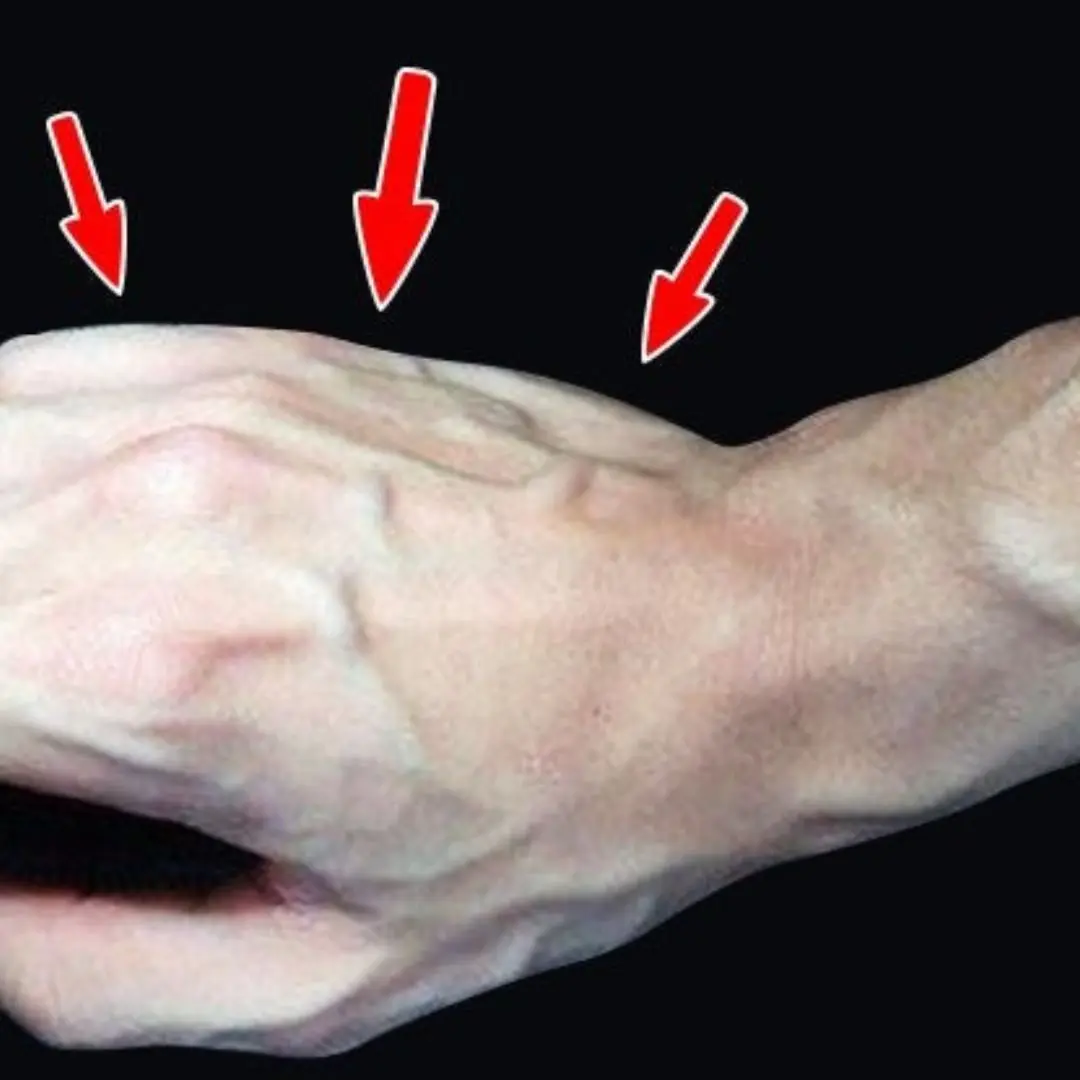
Bulging Veins Aren’t Always Harmless — Here’s What You Need to Know
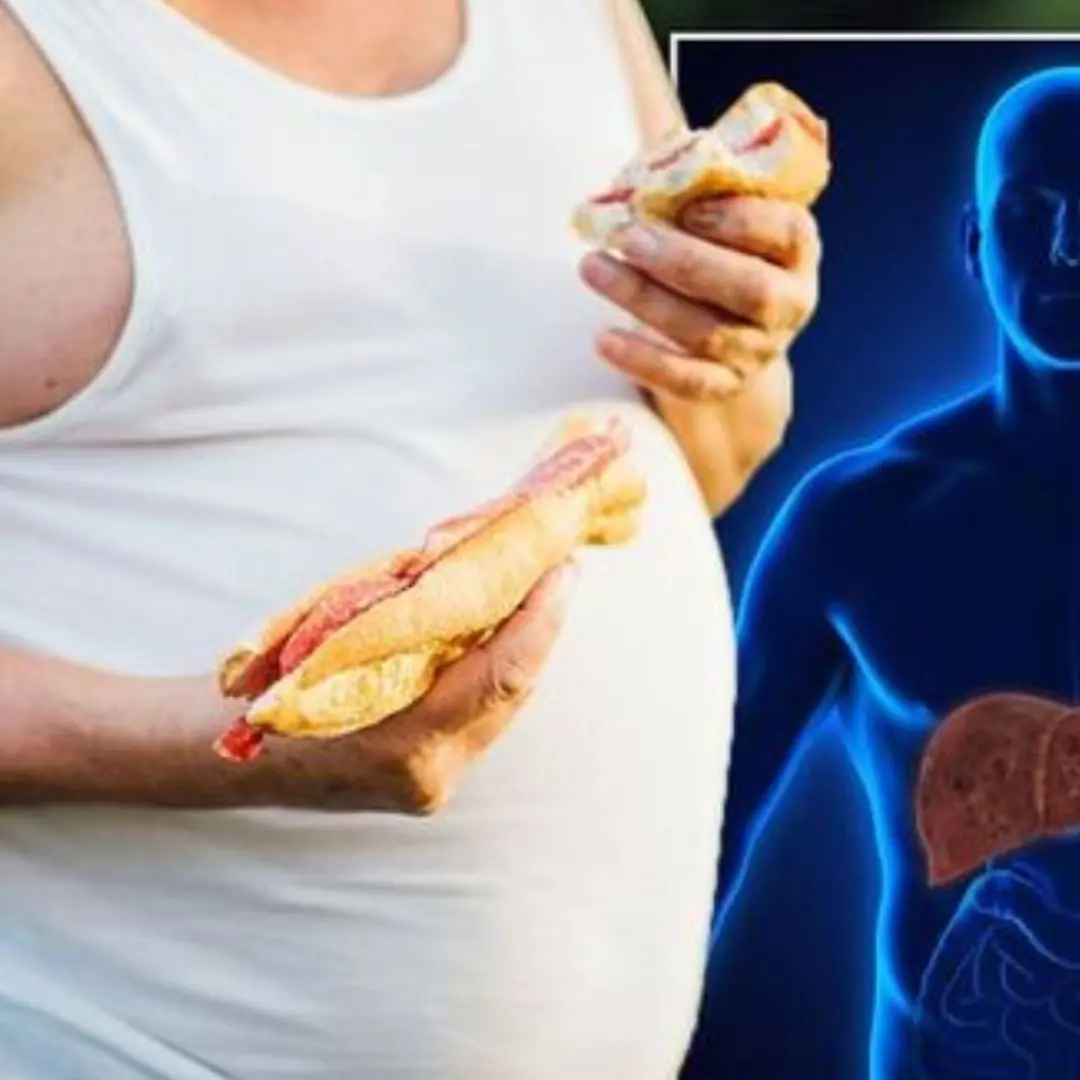
Fatty liver disease diet: Crucial foods you should avoid to slash your risk of symptoms

Clove Water: The Hidden Power in the Kitchen

Never shower at this time of day after 70 – Here’s why doctors warn it could be dan.gerous

Why your throat keeps filling with mucus - the real causes revealed

Your body will warn you of these 7 signs
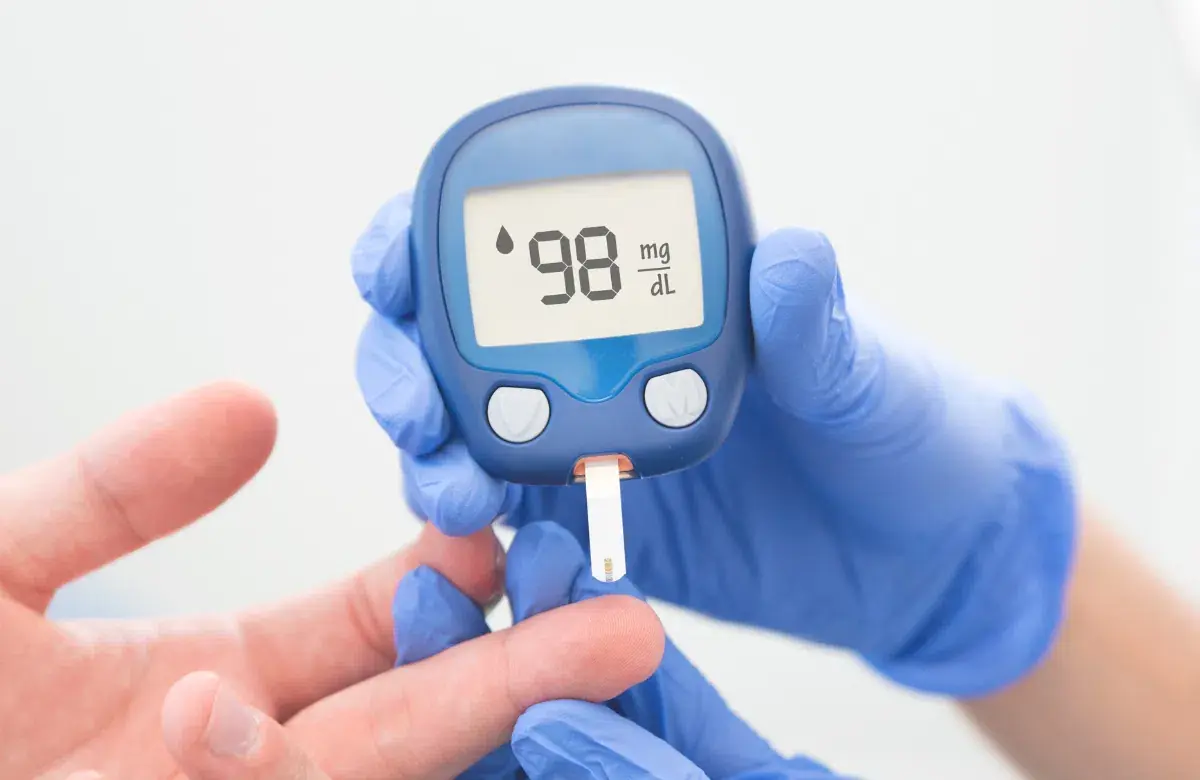
When the body shows 5 se.rious symptoms: What it may signal about advanced dia.betes
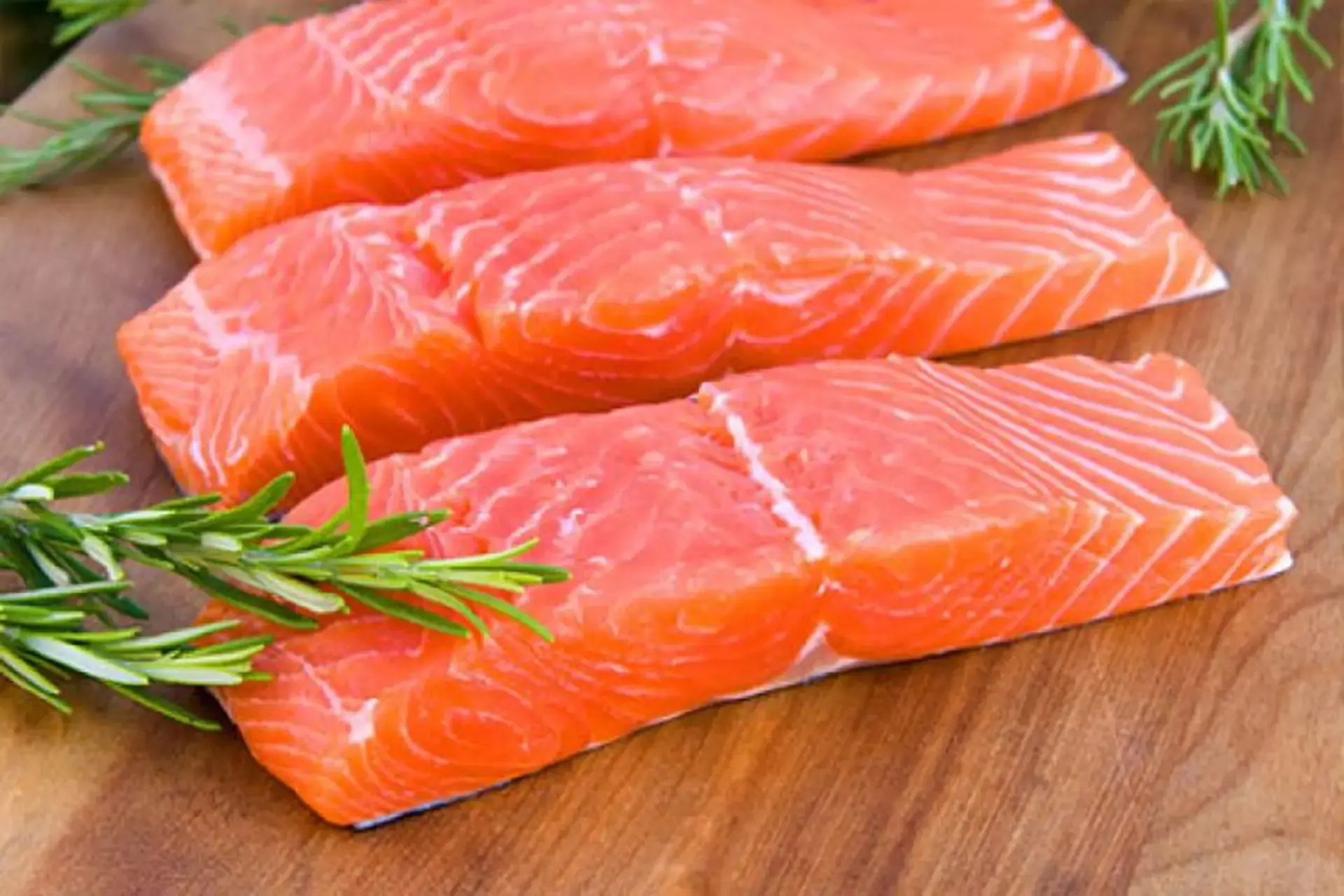
Why salmon is no longer the health food we thought it was?

Taro Root: The Ancient Superfood Transforming Health and Sustainability
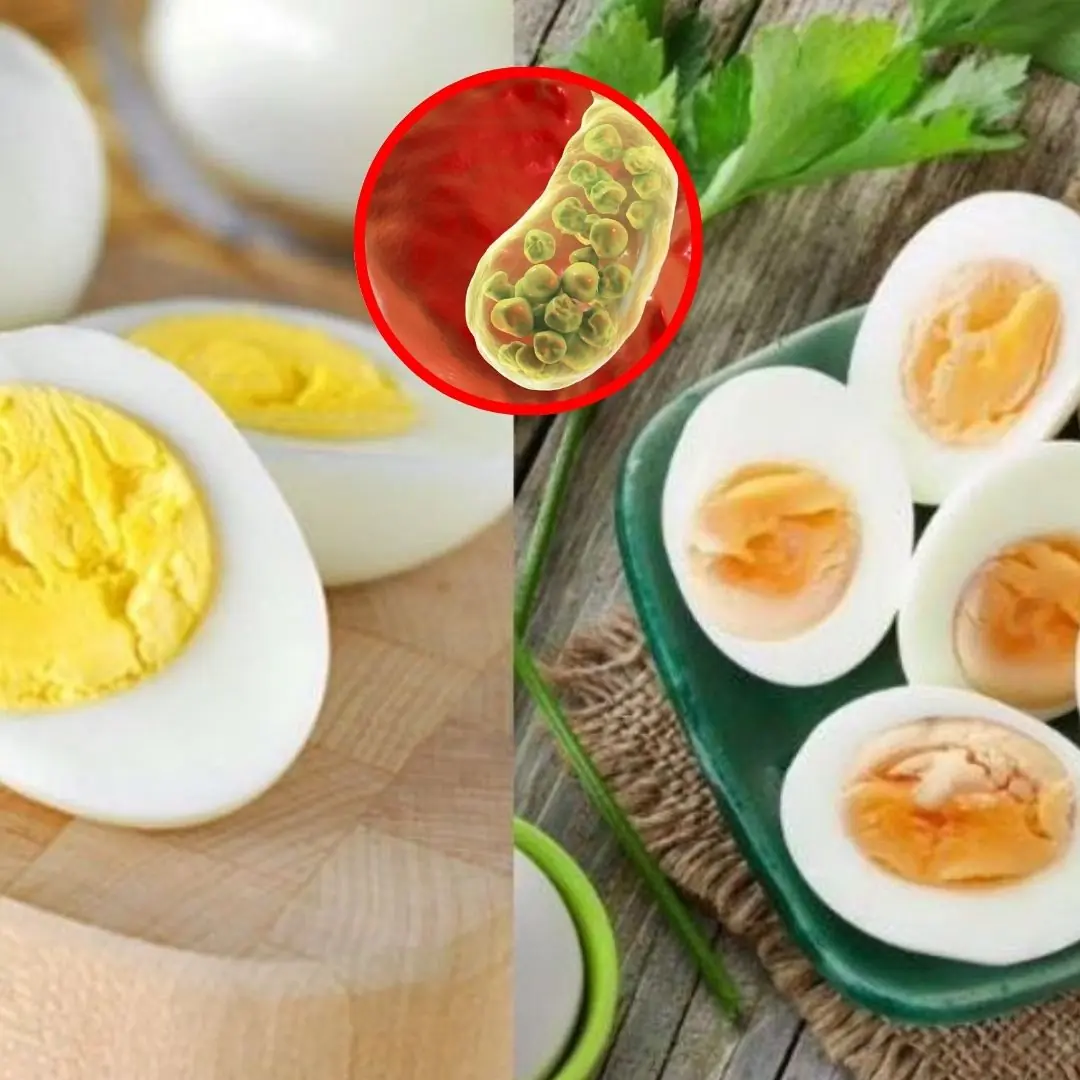
Eating chicken eggs is harmful to these 5 groups of people: Stay away!
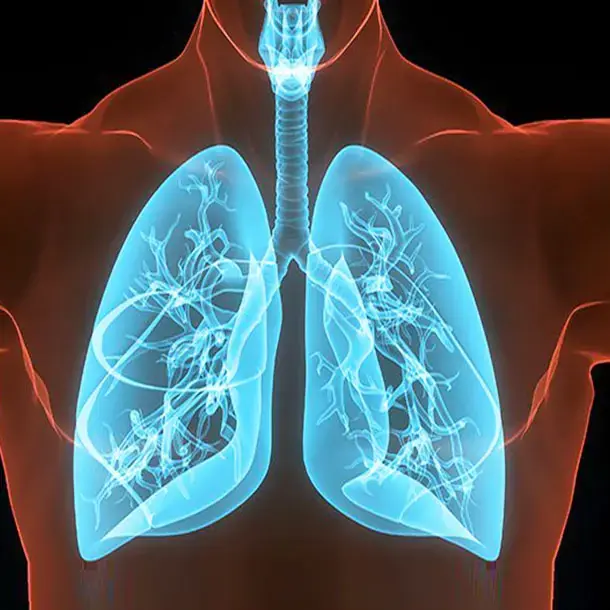
8 Signs You Have Low Blo:od Oxygen Levels

Stretch your ring finger with your thumb and hold it for a few seconds. You'll love the reason!
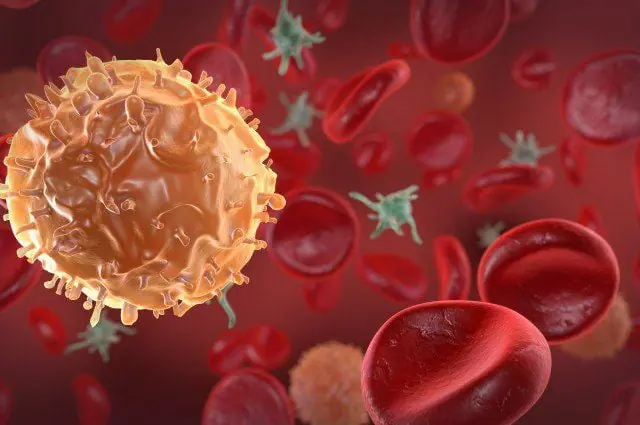
8 Powerful Foods That May Help Fight Can:cer Naturally

Washing dishes this way is no different from “taking poi.son”: 4 wrong habits many families are making
News Post

Breakthrough Discovery: PARP1 Enzyme Could Revolutionize the Fight Against Aging

This is how my grandmother treated varicose ve.ins… with just 3 kitchen ingredients

You must know these 5 things

What Happens to Your Body When You Eat Two Eggs a Day?

Proven Health Benefits of Celery & Nutrition Facts (Evidence Based)

When you see these 4 conditions while walking, be alert for diabetes

Slow Cooker Tomato Tortellini Soup with Ground Beef

Bulging Veins Aren’t Always Harmless — Here’s What You Need to Know

Fatty liver disease diet: Crucial foods you should avoid to slash your risk of symptoms

Clove Water: The Hidden Power in the Kitchen

Refreshing Cherry Cheesecake Parfait

Never shower at this time of day after 70 – Here’s why doctors warn it could be dan.gerous

Why your throat keeps filling with mucus - the real causes revealed

Your body will warn you of these 7 signs

Could sleeping with a fan on cause heart attacks? Understanding the potential heart health dangers

When the body shows 5 se.rious symptoms: What it may signal about advanced dia.betes

What happens to the soul when the body is cremated?

Why salmon is no longer the health food we thought it was?

Taro Root: The Ancient Superfood Transforming Health and Sustainability
